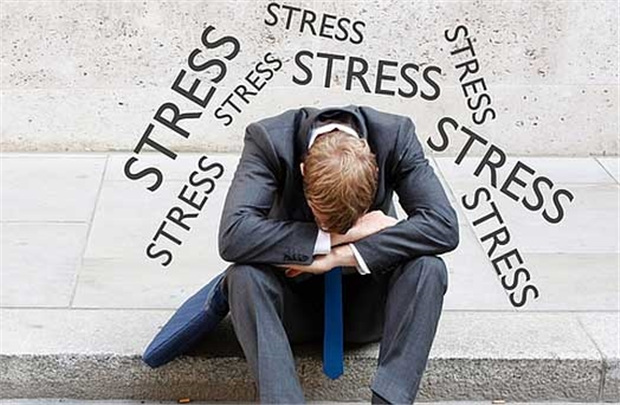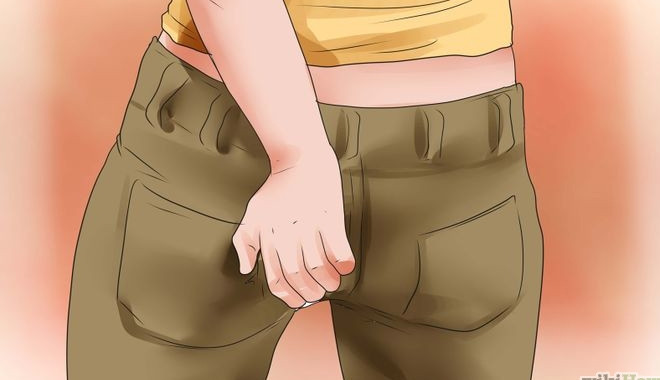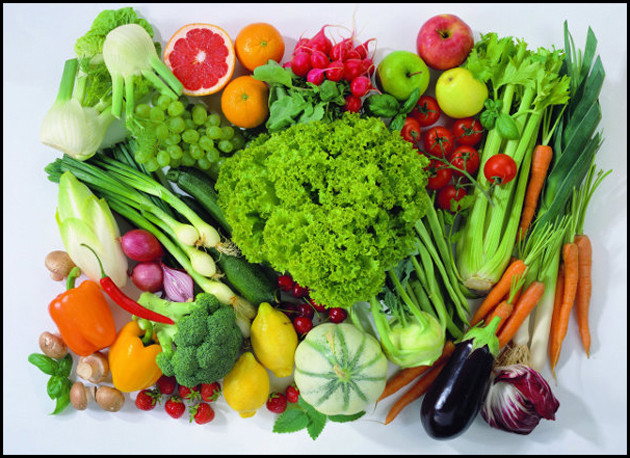Causes of constipation and remedy
Although you have tried to eat a lot of vegetables, eat a lot of sweet potatoes but still have a "hard time" encounter difficulties and no less pain. It is then imperative that we seek anti-constipation drugs to get rid of the extremely "painful" feeling that almost everyone has to go through once in this life.
So what is the cause of constipation, how to prevent and treat it? Let's learn to be able to take good care of yourself and your family through the following article.
Causes of constipation

Lack of fiber
Fiber is an important substance that helps our intestines and digestive system work properly.
Many people from children to adults do not like to eat vegetables and remove them from the daily menu, leading to a lack of fiber that makes hard stool cause constipation.
To overcome this situation, you should limit animal meat, milk, protein and enhance fiber to help the digestive system work smoothly. Try to add adequate fiber by eating lots of vegetables and fruits in your daily meals.
Do not drink enough water
Fiber absorbs water so if you consume too much fiber without drinking a lot of water, the food stays in the stomach longer and pats like "pebble".
So, besides increasing fiber, we need to drink enough water every day to help the intestinal waste move smoothly.
Mobility

If we are sedentary, sitting or lying too much will cause the intestines and digestive system to stagnate or turn upside down. The intestinal activity will be slower than normal, causing the digestive system to be disturbed and indigestion.
Although you are practicing hard sports, if you stop for a while, you may still be constipated. Therefore, please stand up, move more and more people are office workers.
Excessive stress
The digestive system is a part of the central nervous system so everything that happens in our head affects what happens in the intestinal tract. When you eat in moderation, exercise regularly and still have constipation, you may be under stress. Fatigue, anger increases blood pressure, especially in the anal area, which affects the muscles and causes severe constipation.
The advice for you is to relax, relax your mind, avoid excessive anger that negatively affects your digestive system and health.

Traveling
New dishes are an attractive part of travel, sometimes inadequate adaptation of digestive system affects digestion. On the other hand, sudden changes in daily living habits also cause disruption of the digestive process.
Travel but don't forget to eat plenty of fiber, drink plenty of water, and try to keep your routine the same as usual.
Chronic illness and misuse of drugs
Using drugs to treat some chronic diseases over a long period of time will affect hormones, contractile activity of the stomach, nerves around the large intestine . causing indigestion and constipation.
With this cause, constipation can only be relieved when chronic disease of the disease is reduced and stop treatment with western medicine.
Thyroid disorders
The thyroid gland secretes many hormones that regulate many organs in the body. When thyroid disorders produce less hormones, which can cause intestinal function loss. At that time, the large intestine needs more time to reabsorb waste products from the digestive system, leading to constipation.
Fast to go

Many people are busy with work and often ignore the "call of nature". This causes the body's natural receptors to gradually lose the ability to tell us when it is time to go to work. On the other hand, long stools in the body will be absorbed by the water, making them hard and dry, causing constipation.
Listen to the most natural needs of your body no matter how busy you are.
Diabetes
According to statistics, up to 60% of people with diabetes have constipation. When the blood sugar level is too high, it reduces the amount of water in the intestine and causes the autonomic nervous system to empty the stomach, reduce peristalsis and lead to constipation in the patient.
Motor neuron disorders
Sclerosis, Parkinson's disease, spinal cord injuries or strokes all impair mental function, harden the intestinal wall muscles, and reduce intestinal motility, making the bowel less effective, causing constipation.
If you are unfortunate to have one or more neuromuscular disorders and constipation, talk to your doctor for effective treatment advice.
Complications and dangerous consequences of constipation
Constipation is not an incurable disease but causes many discomfort, pain and inconvenience in daily activities. If left untreated, there will be many complications that will have serious consequences.
Out of blood
The rectal duct mucosa is prone to rupture due to very solid feces.
Silly anus
When it is difficult to go outside, patients often forcefully force the mucous membranes to tear, the submucosal layer can spread to the anal tubule muscle layer. This not only causes bleeding but also causes pain for the next outgoing visit.

Internal hemorrhoids, external hemorrhoids
Constipation increases pressure on the rectal area causing hemorrhoids. Persistent constipation causes hemorrhoids to get bigger and larger, each time they go out, they often bleed.
Anal rectal inflammation - anal fissure
The fecal mass always causes seizures causing inflammation of the rectal mucosa, anal canal increases the risk of inflammation, anal fissure .
Bowel obstruction
Solid fecal mass which is stored for a long time in the colorectal can cause intestinal obstruction or external bowel phenomenon.
Depletion, poisoning of the digestive system
Prolonged colorectal stools will allow the harmful bacteria to grow to produce toxic substances that seep into the blood leading to chronic intoxication.

Increased risk of anal, rectal cancer
Constipation of constipation patients has many toxic substances and carcinogens like lithocholic acid, deoxycholic acid and nitroso complexes (NOCs) more than normal human feces. Due to prolonged lying in the rectum, the time of contact with the rectal mucosa increases easily causing cancer.
Increased complications for chronic patients
Elderly, people with high blood pressure, people with cardiovascular disease, chronic heart disease, chronic obstructive pulmonary disease are very dangerous. Due to heavy straining, it increases blood pressure, cerebral hemorrhage or increases the risk of cerebral vascular occlusion .
Increased risk of appendicitis
Persons with constipation are more susceptible to appendicitis than normal people due to increased intestinal pressure, stagnant stool and fluid. Long-term constipation also weakens the large intestine, dilates the production of excess colon bags and increases the risk of intestinal perforation.
How to prevent constipation
- Enhance the amount of green vegetables and fruits in the daily menu.
- Add fish at meals.
- Regularly eat laxative foods like boiled sweet potatoes, ripe bananas .
- Minimize alcohol, fast food, canned food, hot spicy foods.
- Do not sit for a long time, often move.
- Maintain daily exercise.

- 11 treatments for children to stop using antibiotics
- 5 delicious but harmful foods, should not eat much
You should read it
- ★ Drink water according to scientific methods to treat constipation, obesity or colds
- ★ What is hemorrhoids? Is hemorrhoids contagious, is it dangerous?
- ★ How to Sleep with a Stomach Ulcer
- ★ 5 foods that are both nutritious and effective
- ★ Eating bananas is good, but never eat at this time, 'just hurt yourself'